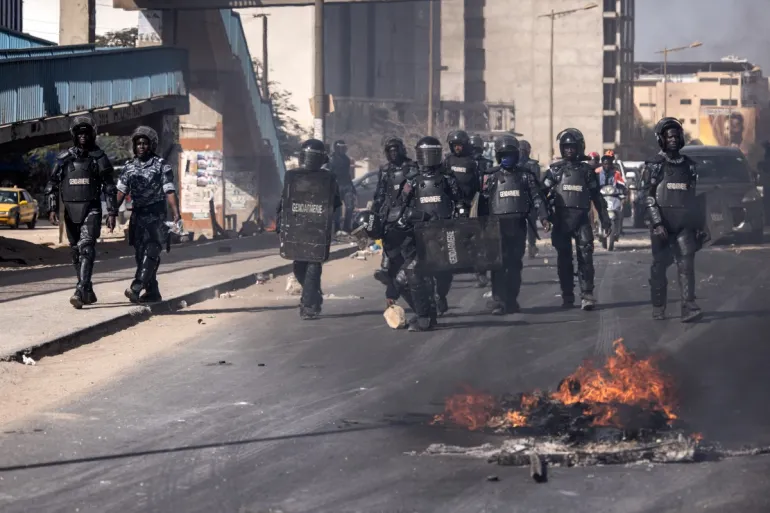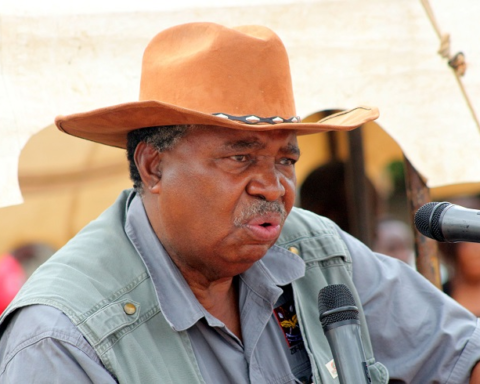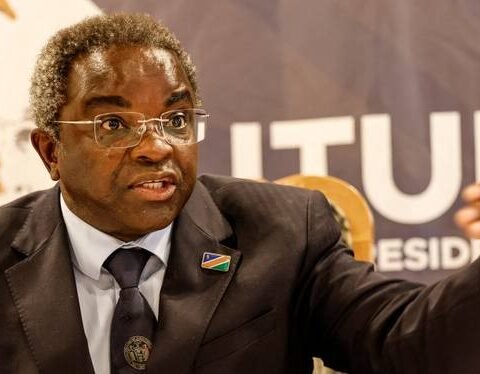DAKAR, Senegal – Senegalese President Macky Sall has scheduled a delayed presidential election for March 24, the government said on Wednesday after a top court ruled that a proposal to hold the vote after his mandate expires on April 2 was unconstitutional.
The announcement caps a dramatic evening that saw Sall dissolve the government and replace Prime Minister Amadou Ba with Interior Minister Sidiki Kaba so that Ba, the ruling coalition’s presidential candidate, can focus on his electoral campaign, the presidency said.
Earlier the Constitutional Council ruled that a proposal from a national dialogue commission for the vote to be held on June 2 was not in line with the constitution.
“The President of the Republic informed the Council of Ministers that the date of the presidential election had been set for Sunday 24 March,” the council of ministers said soon after in a statement.
The decision is the latest twist in a month-old electoral crisis that has sparked violent unrest and warnings from Senegal’s international allies that its reputation as one of coup-hit West Africa’s more stable democracies is under threat.
The new date was welcomed by opposition presidential candidate Anta Babacar, who was among the majority of the 19 contenders in the race who were pushing for the vote to be held as soon as possible.
“I think this is very good news. This is the reason why we were fighting for these past weeks and days, because we knew that it was actually possible to hold these elections before April 2,” she told Reuters.
The turmoil originates in a thwarted bid by the authorities in early February to postpone the Feb. 25 poll to December. Sall cited concerns about electoral disputes for the move, but some of the opposition said it amounted to an attempted institutional coup.
Wednesday evening also saw parliament approve an amnesty law proposed by Sall in a bid to ease tensions as he navigates the standoff with the opposition.
The law could grant amnesty to hundreds of protesters and opposition members accused of crimes relating to anti-government protests in the last three years, but it would also likely let security forces off the hook for excessive and sometimes deadly use of force against protesters, Human Rights Watch (HRW) warned on Tuesday.
At least 40 people have been killed during violent clashes since March 2021 with no accountability, according to HRW.
Much of the political unrest was triggered by concerns that Sall was trying to muzzle his opponents and hold onto power past the end of his mandate, which he has denied.
A fresh round of protests broke out last month after he announced the plan to postpone the vote.








